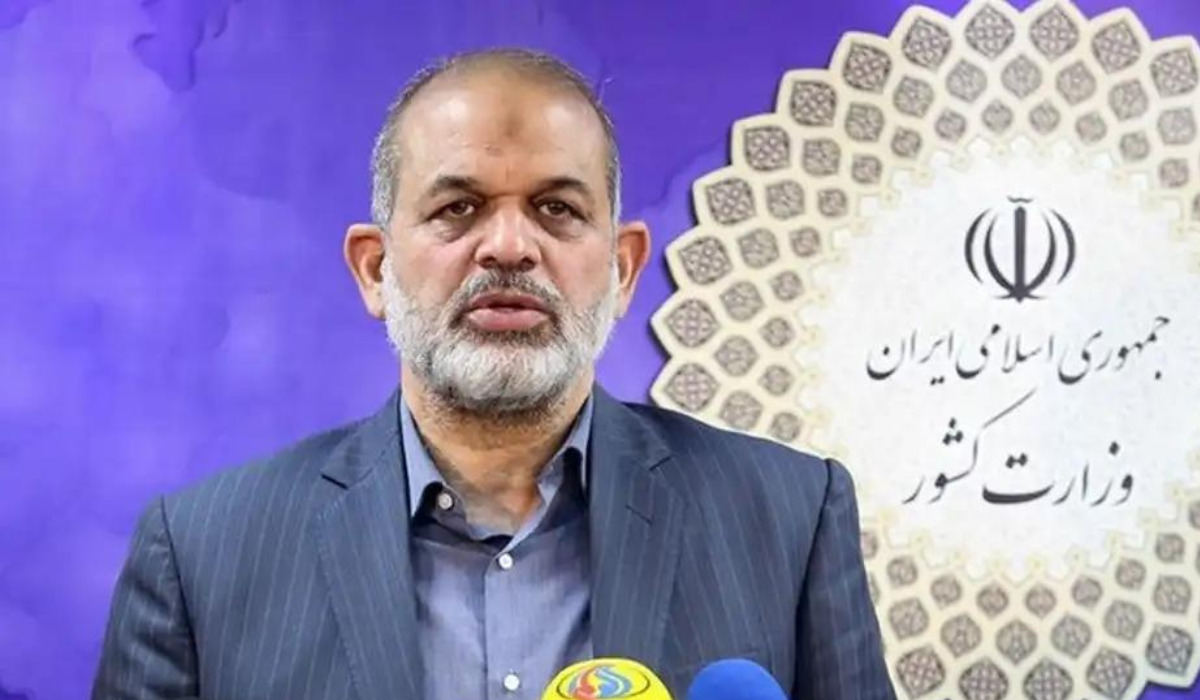The Iranian interior minister has proposed forming a joint committee of Iran and Afghanistan to address the water rights issue between the two countries by closely monitoring water levels in the Helmand River in southern Afghanistan.
Quoted by Iranian media, Ahmad Vahidi said that the committee will determine whether relevant dams in Afghanistan have the required water to be released to Iran based on the 1973 water treaty.
“The main matter was the formation of a joint team that will assess one of the dams mentioned in the treaty,” he said. “Based on reports, the president’s representative has assured that this will happen.”
Meanwhile, Iran Foreign Ministry’s spokesman Nasir Kanani said on Monday that talks about Iran’s water rights are underway with the Taliban and that Tehran expects the Taliban will take practical steps in this respect.
“Authorities in the acting government of Afghanistan are reiterating the implementation of the treaty and are recognizing it,” he said. “They have raised the issue of lack of water. Such a claim should be assessed in specific talks between the two sides.”
A rift in relations between Iran and the Taliban grew after Iran accused the Taliban of violating the 1973 water treaty by blocking the flow of water to Sistan and Baluchistan province that borders southern Afghanistan.
However, the Taliban has repeatedly said due to drought the water level in the Helmand River is too low to supply Iran with the required amount of water.
An analyst from Afghanistan, Noorullah Raghi, said that Iran has “violated” international norms in using international water.
He said that Iran has taken water from 21 locations instead of three locations as specified in the treaty.
“The water reserved in the Kajaki Dam (in Helmand) is not a one-year-old reserve, it has reached this level in years, and we cannot let it flow towards Iran to fill its reservoirs and continue to give Iran more than its rights,” said Raghi. “Therefore, I think the problem between the two sides will not end and the issue will continue,” he said.
Signed in 1973 between Afghanistan and Iran, the treaty states that Iran is entitled to 820 million cubic meters of water from the river annually, but Iranian officials have said that it only received 27 million cubic meters in the past year.





